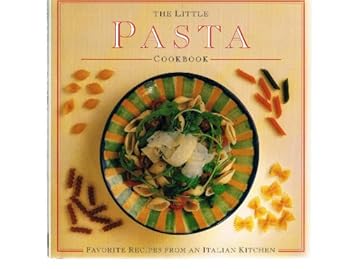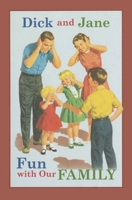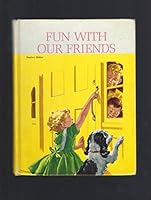The Little Pasta Cookbook
Select Format
Select Condition 
Book Overview
New , inside & out .. A must have if you need,The Little Pasta Cookbook .. Hard cover ..Out of print ..I Ship Fast, In A Box, Bubble wrapped , with U.S.P.S. delivery confirmation This description may be from another edition of this product.
Format:Hardcover
Language:English
ISBN:1566637090
ISBN13:9781566637091
Release Date:November 2006
Publisher:Ivan R. Dee
Length:192 Pages
Weight:0.80 lbs.
Dimensions:8.7" x 0.8" x 5.9"
You Might Also Enjoy
Customer Reviews
5 customer ratings | 5 reviews
There are currently no reviews. Be the first to review this work.

































